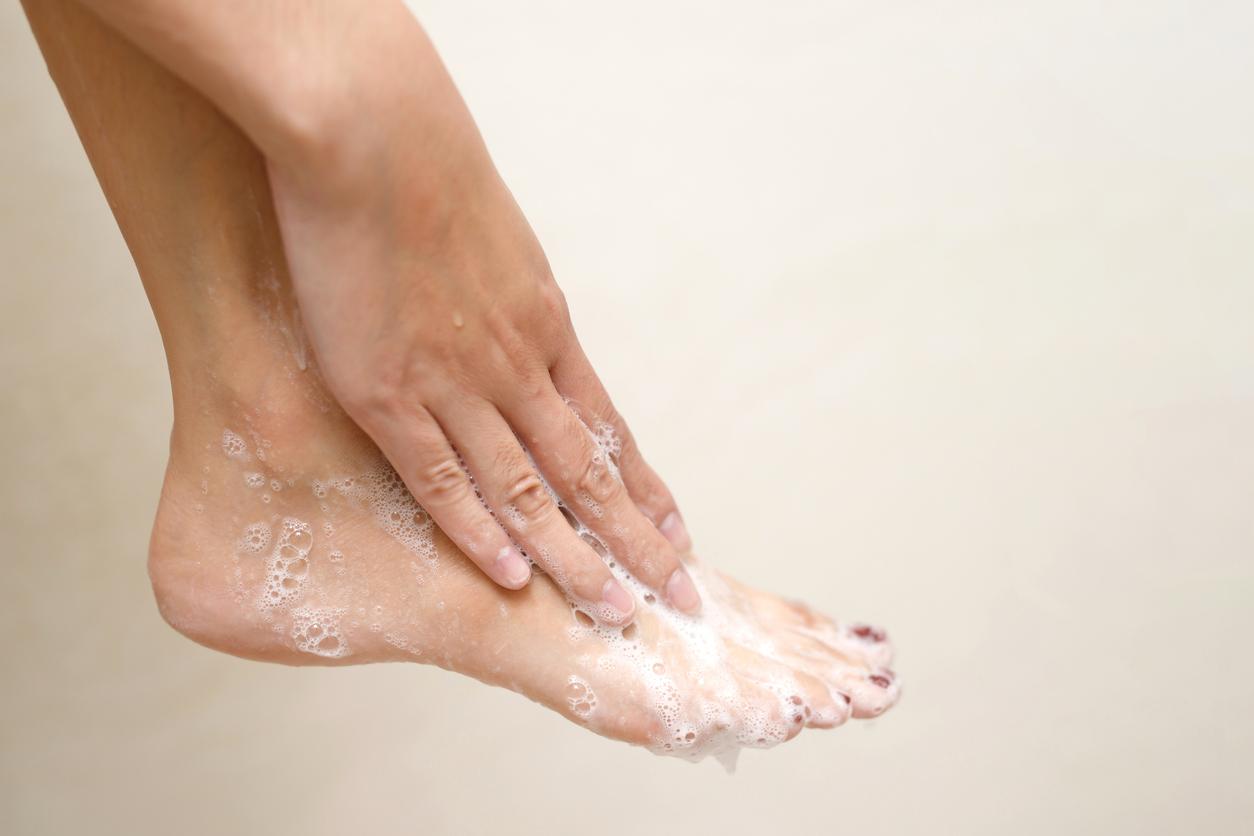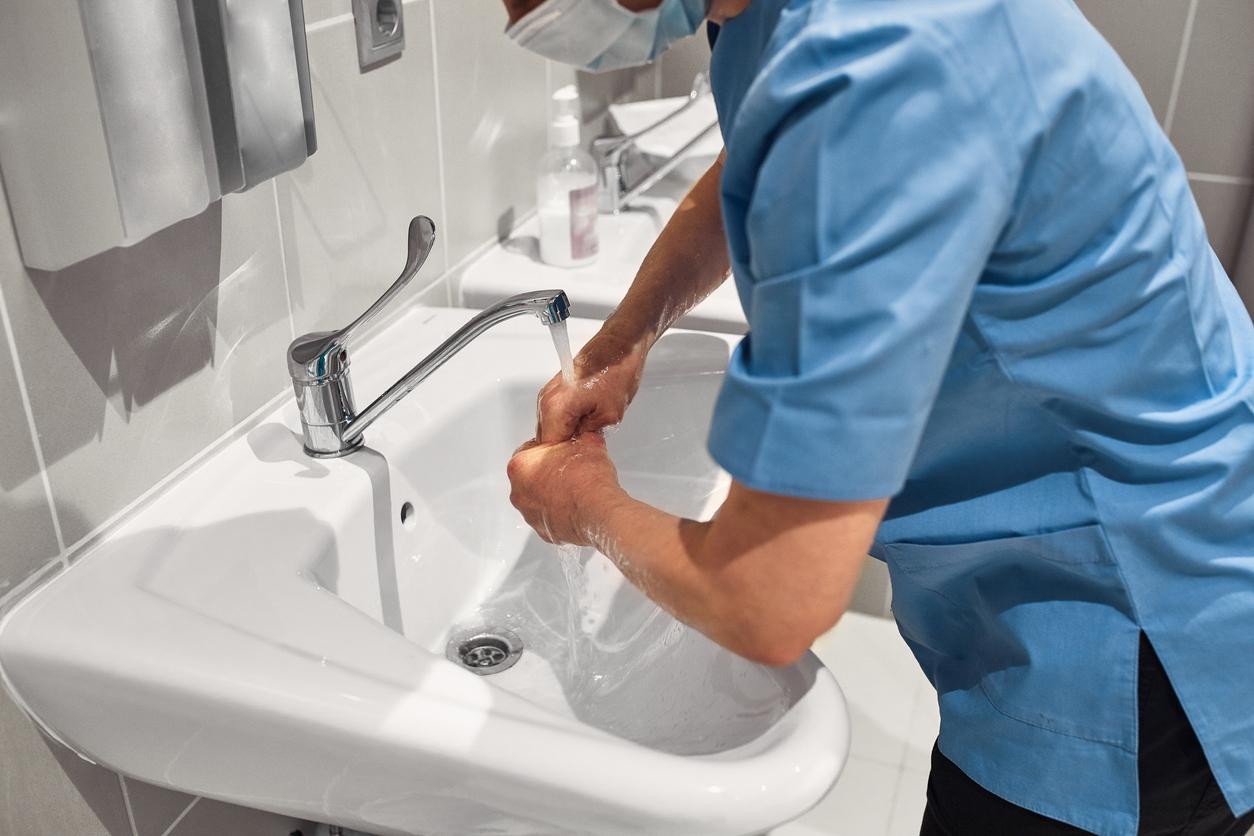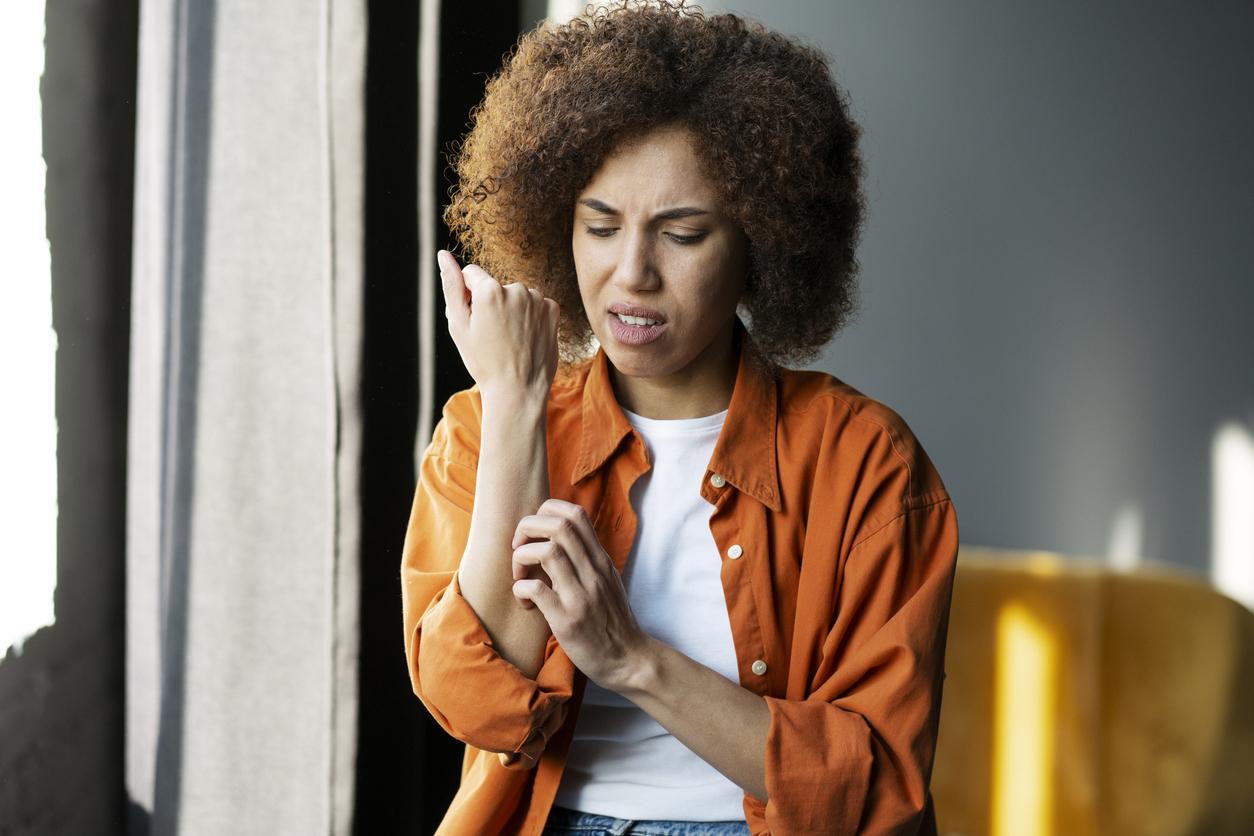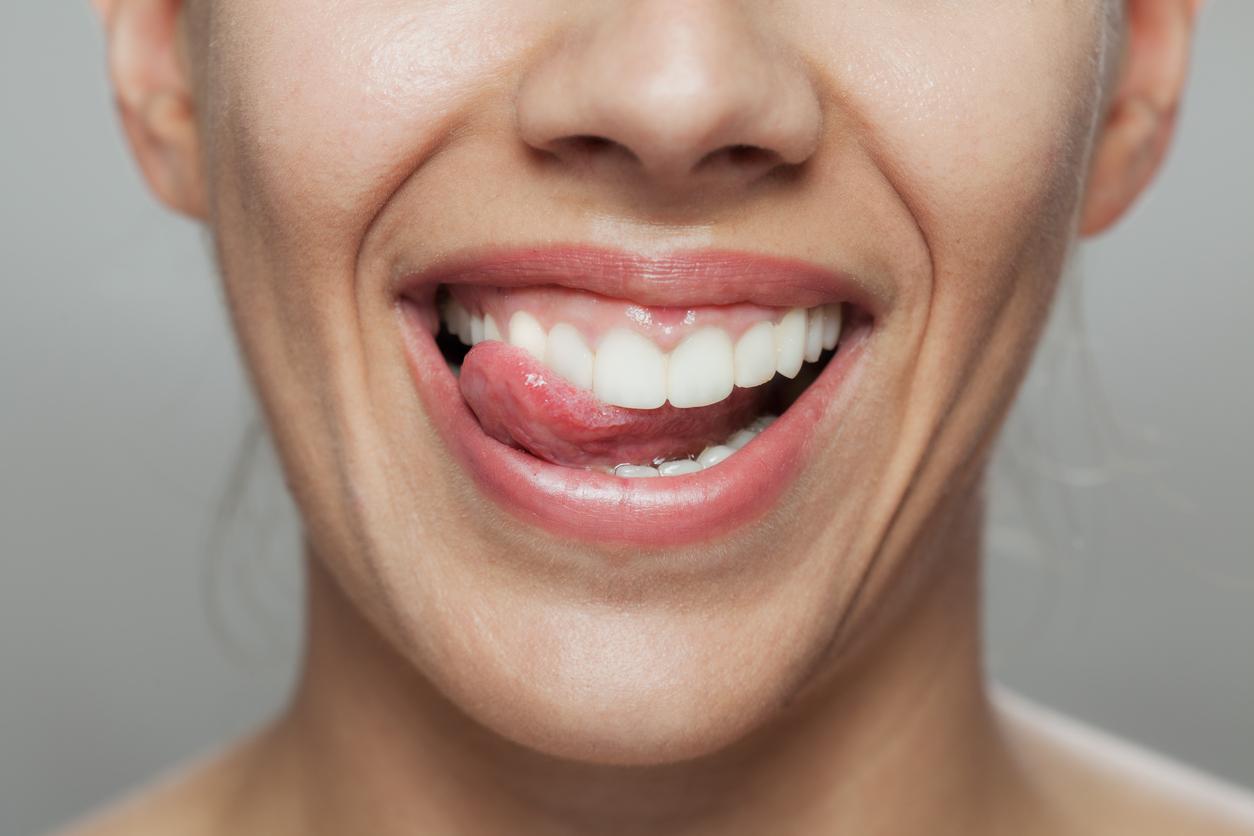These two body areas tend to accumulate pathogenic microorganisms if they are neglected in the shower.

- Forearms and calves, which are generally cleaned more thoroughly, have a more diverse and potentially healthier group of microbes.
- On the other hand, the skin between the toes and behind the ears, which are often neglected, can harbor “bad bacteria.”
- The buildup of harmful microbes can disrupt the skin’s bacterial balance and lead to skin diseases, such as eczema or acne.
Just like the intestines, the skin is home to millions of microscopic viruses, bacteria and fungi. Recently, American researchers revealed that the composition of the skin’s microbiota varies depending on whether it is dry, moist or oily. According to them, the skin behind the ears and between the toes is particularly vulnerable to the accumulation of microbes harmful to health.
A more diverse group of microbes in the forearms and calves
The team therefore hypothesized that these areas were probably washed less often than other parts of the body. To test this theory, scientists recruited 129 students from 2019 to 2023. Participants learned to take samples from five dry, wet or oily places: behind the ears, between the toes, at the navel, forearms and calves. Then, they proceeded with sequencing the DNA collected to compare the microorganisms present in the skin microbiota of each part of the body.
“We identified significant differences in the relative abundance of bacteria between skin regions and microenvironments,” indicated the authors in a study published in the journal Frontiers in Microbiology. In detail, the results revealed that forearms and calves, which are generally better cleaned, had a more diverse and potentially healthier group of microbes than behind the ears, between the toes and at the navel. Within skin regions, alpha and beta bacterial diversity also varied significantly for some of the years compared, suggesting that skin bacterial stability may depend on the body area and the person.
Ears, toes: accumulation of pathogens can cause acne and eczema
The team explains that when “bad bacteria” take over a microbiota, they can end up altering the bacterial balance in a way that is detrimental to health. If the microbiota contains pathogens, skin diseases, such as eczema or acne, may appear. This work suggests that hygiene habits can modify the microbes living on the skin, and therefore influence the overall health of the epidermis. Therefore, to prevent the accumulation of harmful microbes behind the ears and between the toes, these two areas should be thoroughly cleaned.

















